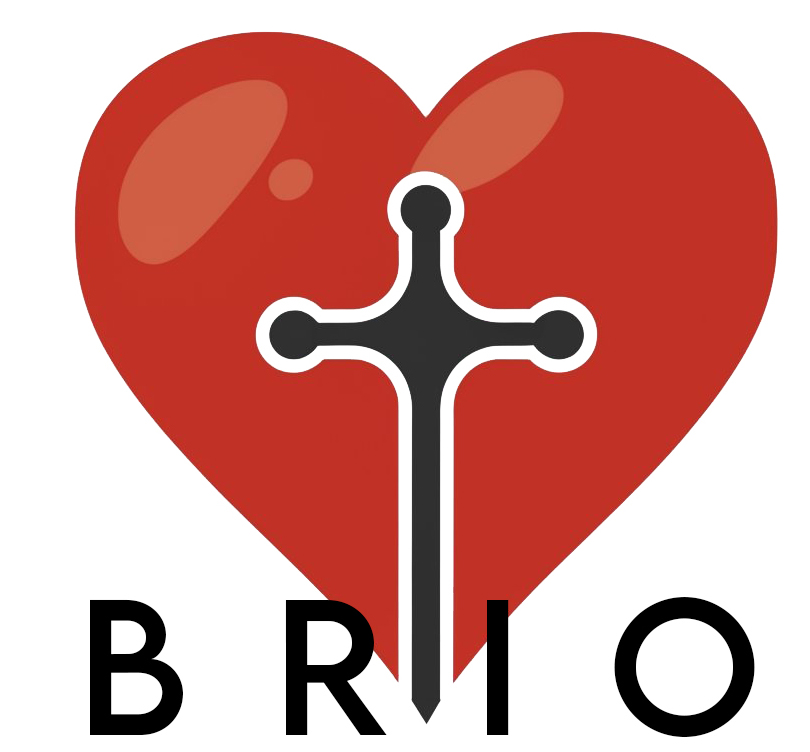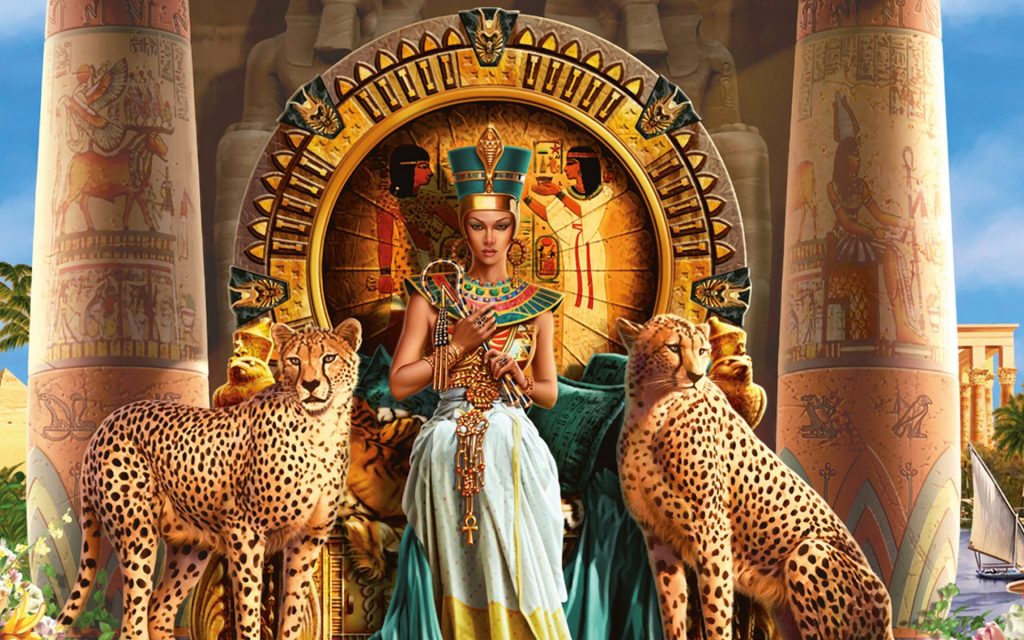Why is everybody so fascinated with Cleopatra? If you don’t know the answer to that question then you should listen to this class of advanced English. As well as telling you some amazing facts which you probably didn’t know about the queen we tell her life story all the way until its tragic end.
As an advanced English teacher I found it particularly interesting to know that she was a brilliant linguist who spoke many languages. This fact appears in the Roman sources. She was also a very capable ruler and helped Egypt to survive famine and many other crises. As most people just think of Cleopatra as a seducer, it was great to find out more about her intellectual ability and qualities as a leader- As always, this advanced English audio is free to download.
Advanced English Listening 1
Approximately 5% of the English language comes from Greek. This has led not just to a lot of words but a lot of prefixes and suffixes. Two of the most interesting are ‘eu’ which means ‘good’ or ‘well’ for example – ‘euphoria,’ and the suffix ‘ize’ which means to make for example – ‘to hypothesize’ is ‘to make a hypothesis’ and ‘synthesise’ is to make something ‘synthetic.’
Today, though, I’d like to focus on two prefixes we are very familiar with ‘Poly’ and ‘Mono’. Poly means ‘many’; for example polygon – many sided, or polygamist – many wives. Mono means one; for example monotone means one tone.
This leads to the question, though, why does ‘monopoly’ refer to one business dominating a market when it ends with ‘poly’. Isn’t that like a contradiction that means ‘One-many?’
Well, in actual fact… NO! This is because the ‘poly’ of ‘monoploy’ does not mean ‘many’. It is from another Greek word ‘polein’ which is the verb ‘to sell’. Monopoly means, therefore, ‘one seller’ and is of course a perfect term for the situation where one business or seller totally dominates a market.
Advanced English Listening 2
The history of Monopoly began in the United States in 1903 with Elizabeth J. Phillips who wanted to explain a complicated theory of the economist, Henry George. She was a member of the religious group, the quakers, and her intention was to show why it’s bad for individuals to own too much land.
This was called The Landlord’s Game, was turned into a board game, and made widely available in 1923. However, various games based on Phillip’s concept (buying and selling property) appeared between 1906 and 1934 – the year in which the game called ‘Monopoly’ first appeared. It was then bought by Parker Brothers and licenced to Waddingtons in the UK.
Many players have speculated over the meaning of the different pieces – the boot, the ship, the dog and the hat etc. It is widely thought that they represent different business sectors and that you are playing as a magnate from that sector speculating in property. However, other gaming experts say that they were random pieces – the original idea being to make each player distinct rather than just having different colour counters as in other games.
One of the most amazing chapters in Monopoly’s history was in 1941 when the British Secret Service had the manufacturers create box sets of the game to entertain prisoners of war in Nazi Germany. These games were given to prisoners by charities and inside the boxes were real money, compasses and other items useful for escape.
Some of the most famous properties include Mayfair, Park Lane and Trafalgar Square.
Advanced English Listening 3
Trafalgar square was completed in 1845, after John Nash had been commissioned two decades earlier by George the fourth to develop the Charring cross area. It is still owned by the royal family but is managed by the greater London Authority.
While the square is a national treasure and tourist attraction, it is also used for political demonstrations, football victory celebrations and New Year’s Eve (though in recent years the end of year celebrations have shifted to the London Eye.) However, the autocratic mind-set of the nineteenth century meant that the large fountains were positioned so as to break up and physically divide political demonstrators.
Since 1947, an enormous Christmas tree is erected every christmas. This is donated by the city of Oslo in Norway as gratitude for British assistance in World War II.
The name of the square comes from another war however. Few people know that the original name of this public space was “King William the Fourth’s Square.” However, George Ledwell proposed the name “Trafalgar Square” and it has been called so ever since. The battle of Trafalgar was in 1805 and saw the British decisively defeat the combined Spanish and French navies without losing a single ship. Nelson’s column was erected in honour of the naval commander of the battle, Horatio Nelson. There are four plinths at each corner of Trafalgar Square, each one with a statue. HMS Victory in a Glass Bottle, King George IV, Sir Henry Havelock, Sir Charles James Napier
Advanced English Listening 4
Now of course, I should tell you about James Napier, but I think we’ve had enough of British warmongers and generals. Even as generals go, he wasn’t that interesting – his main achievement was to subdue and capture the Sindh Province of Pakistan for the British empire. Much more interesting is the Scotsman John Napier, born in 1550 who, despite living hundreds of years before electronics was invented, was very important in the development of computer science. Why? Because he invented… or rather discovered… logarithms. The Logarithm of a given number is the exponent by which its base has to be raised to produce that same number. And if you didn’t understand that explanation – don’t worry – neither did I. The important thing is this: not only are logarithms important in many types of program from computer modelling to imaging to cryptology, they were important because they showed that complex calculation could be done – not just in the mind – but in a physical object – in this case Napiers bones which led to the slide rule. This was a fundamental stepping stone to the computer.
Listening questions
-
- Using your knew knowledge explain what ‘radicalise’ means and how you know.
- What were the monopoly pieces though to represent?
- Who is responsible for the maintenance of Trafalgar square?
- What was James Napier’s principle contribution to computer science?
Listening answers
- To make radical. We know because the word is composed of ‘radicle’ plus ’ize’ which means ‘to make’ in Greek.
- Different industries, and that you are a magnate in that industry buying lots of properties.
- Greater London Authority.
- None, he was a general.


Comments are closed.